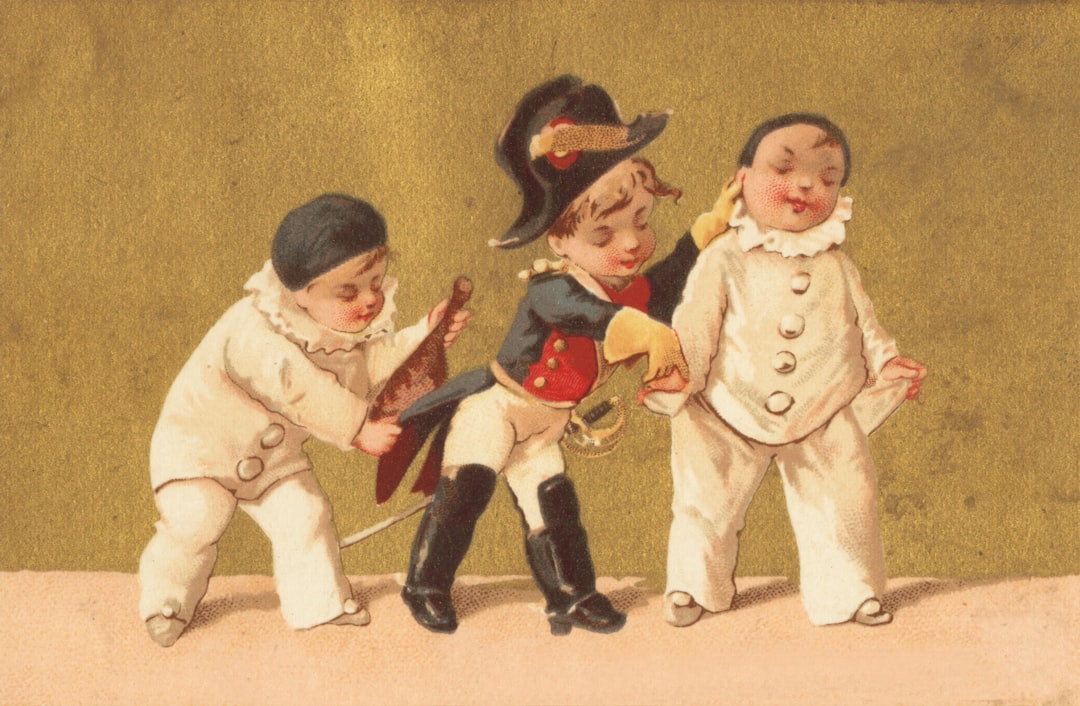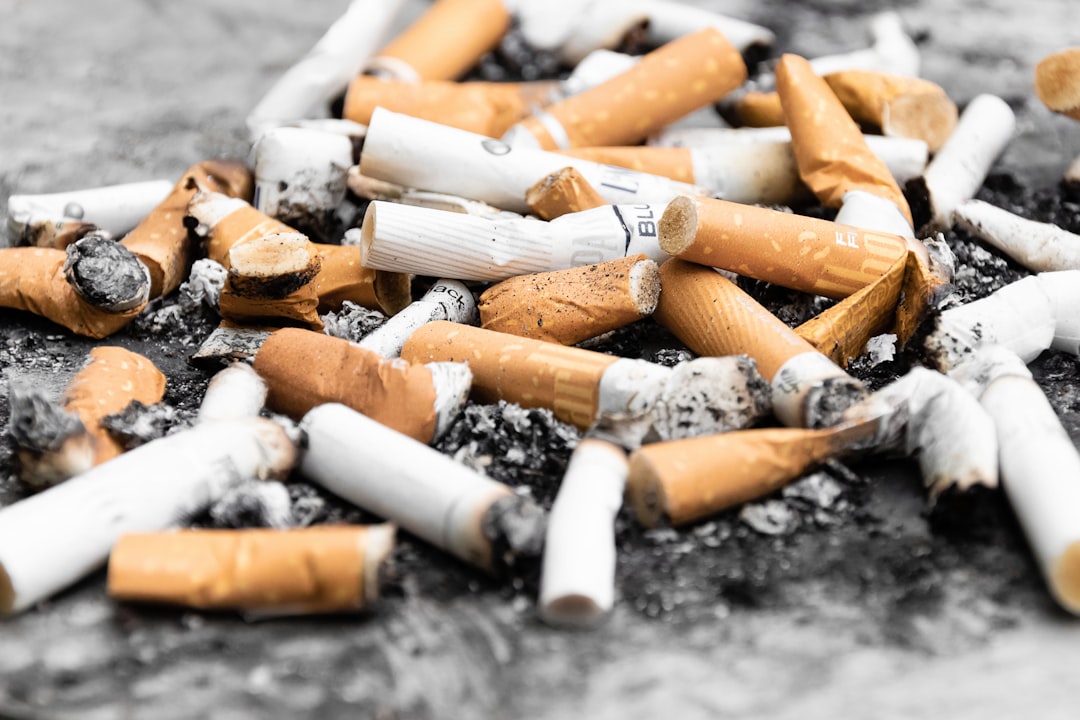Is there any city that doesn’t love autumn? Paris embraces the cooler evenings and changing light with a crisp tenderness. The streets glow, buses and Metro purr, and the crowded sidewalk cafés hum a tune of pleasure and pursuit. Of course, that’s “la vie en rose.” It’s so damned easy to get attached to those rose-colored glasses when the sky turns pink at sunset and the autumn moon discovers its reflection in the River Seine or the Canal St. Martin. A few weeks ago, Paris experimented with a “carless” city center in preparation for some restrictions that are going to be imposed with the coming of next year’s Olympic games. The effect was eerie, but stunningly human. A pedestrian city, with bikers and buses happily co-habitating, is no longer a pipe dream. It’s doable.
In such moments, though, a city’s blemishes can also become more apparent. One friend pointed out that the smell of human urine emanating from doorways and dark corners dominated the quieter, allergy-friendly cityscape. My attention, during this brief afternoon of cleaner air, was drawn to two elements of daily life in Paris that I struggle with constantly: cigarettes and dogs.
I know that I’m a guest here in Paris, a non-native, an immigrant, and I’ve chosen two objects for my disdain that are sacrosanct to many Parisians (yet probably at the top of most foreigners’ lists of dislikes when it comes to Paris). At risk of offending some of my readers, let me rant a little…
We traveled quite a bit this year and one thing that I observed everywhere we went, whether Poland, Italy, Spain, the USA or UK, is how cigarette smoking has become almost invisible in most places. But not in Paris. The joke is that France is the chimney of Europe and I really believe that people actually come to Paris so they can smoke more freely. Cigarette smoking is everywhere. Merchants puff away while standing in the doorway of their stores, couples take a long drag off a cigarette in between passionate French kisses on park benches, elegant ladies of a certain age walk down the sidewalk casually blowing smoke into the path of whomever may be following them. You can’t sit at an outdoor café without inhaling nicotine as part of your apéro and everywhere you look there are cigarette butts. Thousands and thousands of little blots on the city’s beauty. After two years in Paris, I was surprised to discover that the streets of other big European cities, like Wroclaw and Madrid, are uncannily clean, without the traces of smokers everywhere. Oh, Paris, you break my heart.
And then there are the dogs. Apparently, there is something like one dog for every seven people in Paris. That’s a lot of dogs—and a lot of dog poo. I remember when I was a kid, TV’s late night comics were always telling jokes about dodging dog poo in Manhattan. Well, New York and other cities seem to have resolved the problem to a much greater extent than Paris. The City of Light and Love has made some strides towards less messy sidewalks, but there are still huge hurdles, piles of poo, on every street you walk down. Thankfully dogs are not allowed in most of the local parks. I can’t imagine what our little park across the street would be like if dogs could do their duty on the lawn or paths? Owners are supposed to clean up after their pets and there are fines for those who get caught not doing so, but there is always the rebel, the one who doesn’t want to be bothered with rules or thinking about somebody else. This attitude might be connected to the cigarette issue as well. How do you reconcile freedom and individuality with the need to care about and care for others?
This is the question (or something similar) that inflames eruptions in democracies across Europe, Africa, and the United States. Democracy means inclusion; socialism means caring for the less fortunate and providing education, healthcare, and shelter for all. One of the crucial dilemmas of the 21st century is how these two systems can co-exist within the same social-political structure and prevent the rise of fascist tyrannies that preach exclusion, elitism, and easy answers. Since World War II, France has come closest to making this joint system work. But, now, as we watch juntas thrive in Africa, voting rights and women’s rights slashed in the US, climate change generated disasters in Libya, civilians bombed in Ukraine, thousands of immigrants and refugees seeking asylum in Armenia, the Mediterranean, and on the US-Mexico border, a return to the dark days of despotism becomes more and more real. I believe that only by embracing the principles of diversity, equity, and inclusion can we hope to evolve socially and politically.
Paris (and I might say, all of France) often struggles with its own marvelous diversity. I was shocked this summer by the discernible lack of diversity in some other cities I visited. In Paris, many different cultures rub up against each other every day in almost every corner of the city. Sometimes this friction results in violence, like the clashes with police earlier this year, and other times it creates a vibrant, human laboratory. I feel that Paris is working hard to educate its inhabitants in how to get along together. I think the “carless” city center is one example of this. The other day while riding the Metro, transport employees handed out leaflets about subway etiquette. Jairo and I recently visited the Musée de l’histoire de l’immigration. In this newly designed museum, you can see France admitting and analyzing its integral part in the African slave trade, grappling with its horrific colonialist past, and searching for perspective to guide the country’s complicated relationships with former colonies and current territories around the world, France d’outre-mer.
The building that houses the museum is itself a prime example of the problems a former colonial power carries in today’s world. The Palais de la Porte Dorée was constructed for the International Colonial Exhibition in 1931. The stunning Art Deco style building’s exterior features a series of bas-relief designed by artist Alfred Janniot, which is meant to celebrate the riches of France’s colonies and demonstrate how those colonies contributed economically to the growth and majesty of metropolitan France. In other words, the building exalts the domination and exploitation of people around the world by a Western superpower. The Palais de la Porte Dorée is an amazing piece of art, inside and outside, but we must be sure and put it in context and never forget that the allegories depicted in its architecture are the fantasies and justifications of a sick and evil system. The immigration exhibition is a step in the right direction. However, I ask myself, what if those who were exploited designed their own museum? What would it look like?
Sometimes I think as I watch the French news at night: Does the country of Napoleon have a Napoleon complex? I just wonder…

Speaking of Napoleon, I’m very excited to see Ridley Scott’s new film about the French emperor. Napoleon opens in theatres in November. I prefer to see such an epic movie on a large screen, but Paris is currently experiencing a bedbug infestation and movie theatres are a prime breeding ground for the nasty creatures. Since we already have a full season of theatre-going planned, our movie-going may stay in house this fall until the cinemas clean up their act.
Our first theatre performance of the Festival d’Automne was One Song (Histoires du Théâtre IV) by Belgian visual artist Miet Warlop. The piece was very athletic, demanding a constant physical commitment from the performers. For one hour, the performers ran, jumped, and executed precise physical tasks on stage. It was a performance art spectacle more than a theatre piece. I felt I had already seen stage antics like these back in the 80’s and the piece left me cold.
I haven’t been reading any new books lately, partly because I’ve been so captivated by the quality of writing on the Substack platform. I am humbled daily by the different writers I encounter. I encourage you to browse Substack’s offerings and prepare to be thrilled. However, it’s now the season of book awards and literary prizes, so I need to buckle down and get reading.
Jairo returns to Poland this month to conduct another work session in Brzezinka and I will fill you in on my Paris chorale adventures next time. Until then, stop smoking, please, and clean up after your pets.






